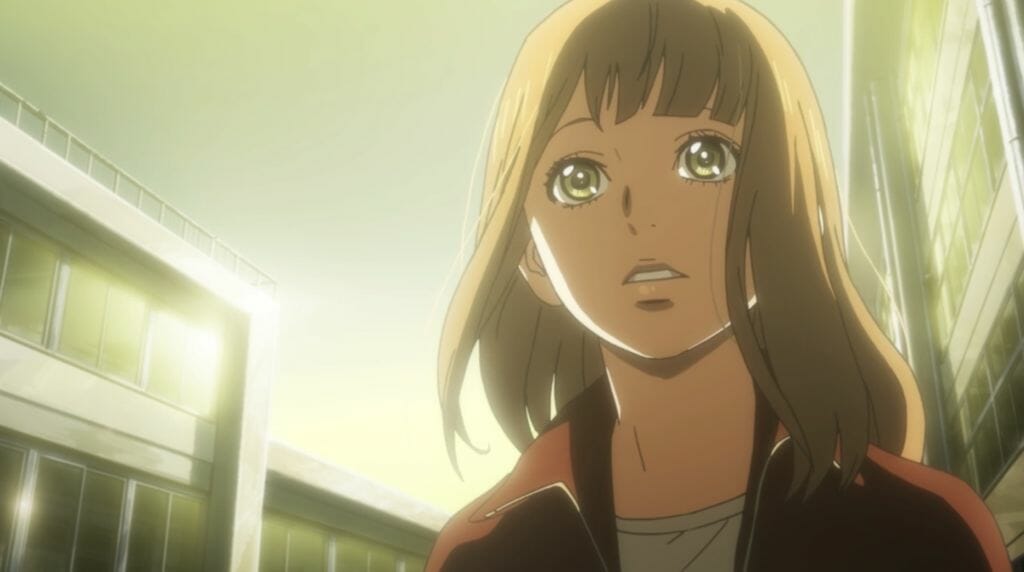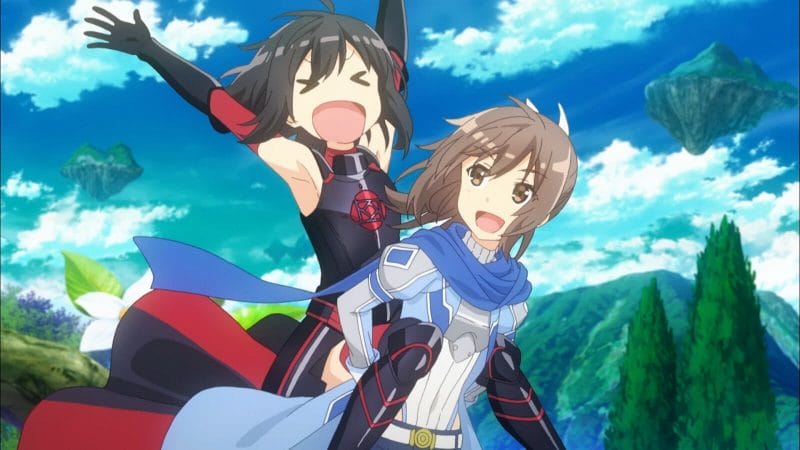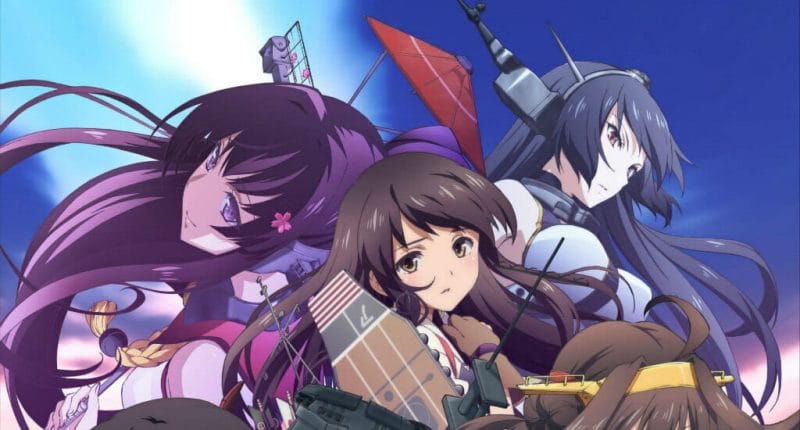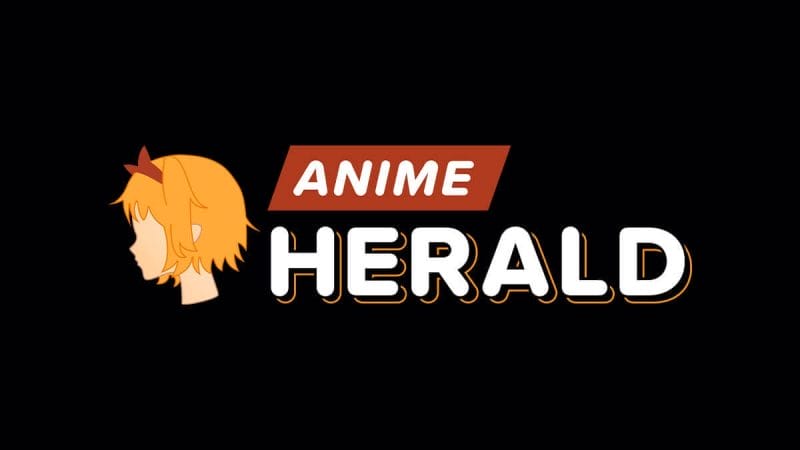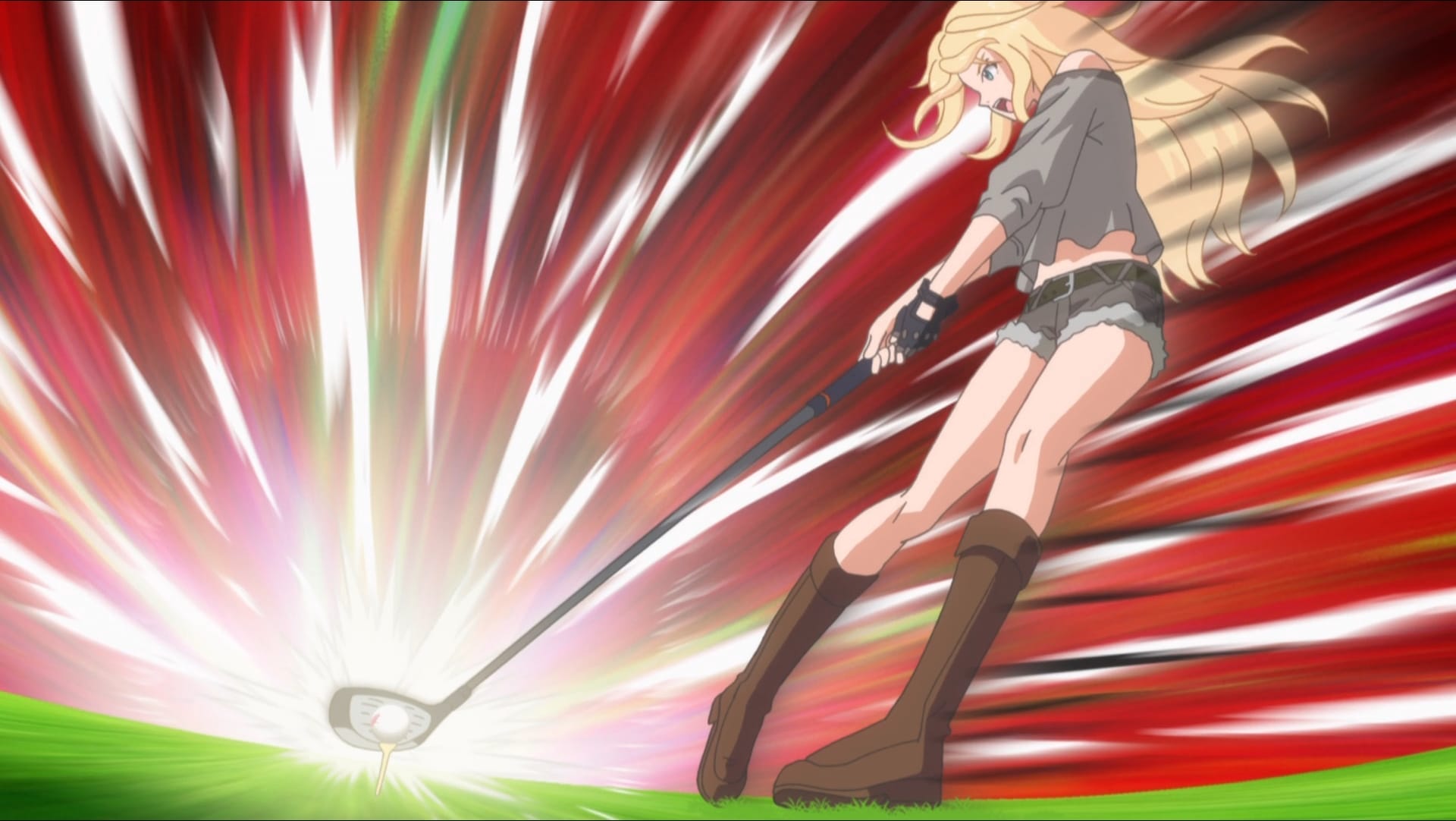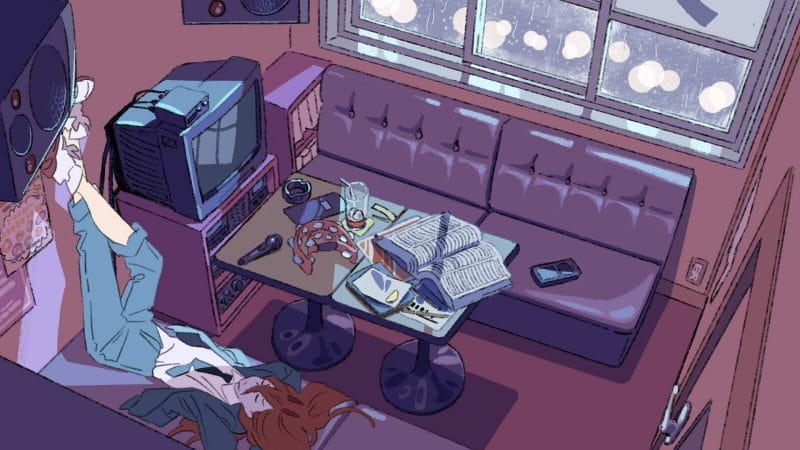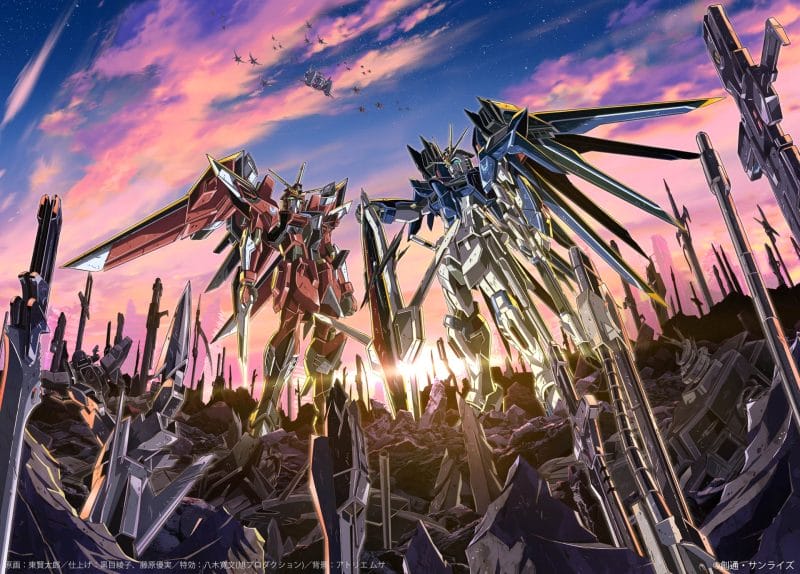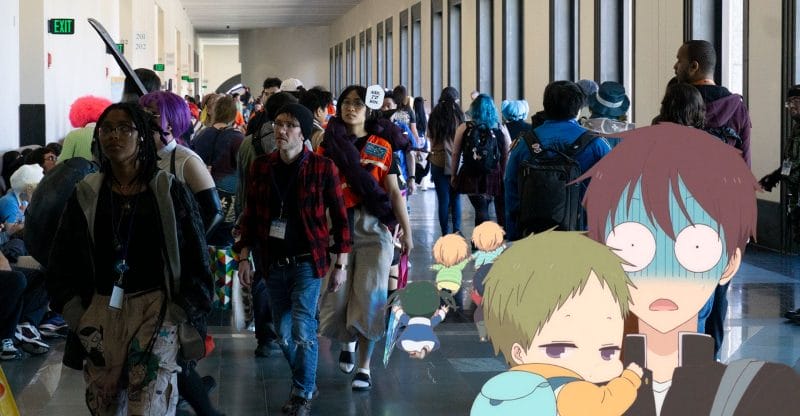Content Warning: Lydia discusses her experience with suicide, depression, and survivor guilt while reviewing Orange — a show that discusses suicide, depression, and survivor guilt.
In loving memory
Thomas
1983–2000
Words are strange, y’all…especially when seeing a word, rather than hearing it, has a certain catastrophic impact. Take, for instance, my little brother’s name. Right now I should be concentrating on Orange, but instead I’m off in outer space, completely overwhelmed by that searing shape which I carelessly graffitied at the top of an empty screen.
It’s been like that ever since he killed himself.
And I don’t really know what I was thinking when I sat down to watch Orange in 2016. The whole premise revolves around suicide, and I knew it would hurt. Maybe I told myself that exploratory surgery requires precision cuts. Maybe I felt that, by shouting at any stigmas I witnessed in the show, I could also shout at myself.
That actually seems more likely; re-living my pain through the characters would be an excruciating, cathartic punishment. I’d welcome it, because in a small, dark corner of my mind, I will always hate myself for my brother’s death.
Orange, however, is nothing like I expected. The show’s approach to suicide was so systematically thorough and complete that I willingly watched it over and over again. It did hurt, and it was cathartic, and it did seem to address me personally at every turn. But, instead of toxic drama, I found honest words of kindness. And my favorite thing? The show did not once call my brother a coward. I’ll do my best to explain it all; so sit back, relax, and let me break down for you.

It begins with a timeless anime cliche: a teenage girl running late for class. In her defense, high-schooler Naho Takamiya received a letter from herself that she has never actually written! I’m sure it was weird and distracting, especially because it claimed to be from the future. (Were you expecting such a campy plot? Neither was I, but let’s set aside those raised eyebrows for now. We’ll get back to them soon.)
Naho’s shocking correspondence from the future revolves around Kakeru Naruse, a transfer student who shows up that very same morning. Although the letter correctly predicts his arrival, one coincidence cannot hard evidence make. Naho rightfully dismisses it all as a prank… especially because the contents appear to contain a series of warnings and regrets about current events. Words like, “No matter what, don’t ask Kakeru to walk home with you today” could be from a bully, right?

Naho and her group think so, too, and befriend Kakeru on his first day of school. Delighted, he accepts their invitation to walk home together (the long way, goofing around). While bonding, he receives a text from Mom and decides to completely blow her off. It’s a perfectly normal, teenaged thing to do; making friends is important, and he’ll be sure to apologize for it later.
Sometimes, there is no “later.” Almost everyone learns that at some point…but people like Kakeru and I realize it far too soon. In Kakeru’s case, his mother kills herself while he’s goofing off…and, as a survivor of suicide loss, he begins to suffer under the weights of stigma and grief until eventually he becomes a closet-suicidal himself.

After Kakeru’s funeral absence, the kids start to wonder about the contents of their letters. The coincidences keep happening until it’s for sure: somehow, they have managed to write to themselves from the future. The warnings in their letters center on regrets about what kind of friends they were — both to Kakeru, who eventually committed suicide, and to each other. They rally in response and do their best to support each other, all while attempting to navigate some pretty emotional straits of youth for themselves.
I never suspected that beautiful artwork could be used to prod around my grief and self-loathing — not before Orange, anyway. I always thought it would have to be gritty and dark. But Orange’s audio, lighting, and painting exquisitely captures everything, from the pastoral nature of small-town Japan to the nostalgic way chalk handles on a greenboard. Animating little details like sunsets on hair and the way faces darken slightly when they glance away each adds an organically surreal touch to the 2D experience, making it all the more intense. Have you ever looked through time when you try to reconstruct a fond memory? Sometimes all memories featuring the dearly departed are surreal, not just the good ones. Similarly, while watching Orange, the things I saw with my eyes started blurring together with my memories. In other words, the production cracked me right open.

A lot of credit goes to original creator Ichigo Takano, of course…but television writers and mangaka have pretty different concerns. It takes a highly specific skill set to convert a title from one medium to another, and successfully converting a title like Orange takes godly levels of artistic sense. The best writer in the world would fail if their efforts are wasted by indelicate directing, but Hiroshi Hamasaki made sure that never happened. As a result, the camera direction, words, and pacing perfectly aligned to carry out their purpose. They captured all the moments necessary for a “slice of life” title — cumulative moments of day-to-day monotony and lowkey drama that can lead to a single life-or-death decision.
I think what struck me the most was how experienced the storytellers were. During each episode, I was undergoing simultaneous demolition and reconstruction. You may think I’m being histrionic by now, but it’s true. They would start by bringing out something I have secretly repeated to myself for the past eighteen years:
It’s my fault. I killed him. If only I had tried harder. If only I weren’t busy living my own life. Why didn’t I notice anything? Why did I take him for granted? I could save him if I went back and tried. I could save him. He would still be alive if only I…

The characters would say these things, to themselves or each other, while looking back through the hole Kakeru left when he died. They could see all of the signs and point them out to each other, filled with regret. And in the past, a bereft Kakeru would say these things as well, so we had a perspective on suicide and depression while it’s fresh, and a perspective from those who have survived some time with their grief. The show gives us absolutely no relief from it. I mean, of course it doesn’t…there is no relief. But it’s true that I felt cornered — especially when it teamed up with two of my constant companions, regret and self-hatred.
In that sense, Orange can feel a little too blunt while cornering the audience…but it never leaves us there, not even once. It always guides us out, each and every time. In my case, it sounded something like:
It’s not your fault. You wouldn’t be able to save him all by yourself. There were so many other things going on. You could have helped, but he’s the one who killed himself, not you. Anyone would have gone to bed early if they had a test the next day. He killed himself, not you. It’s okay for you to be alive…to actually live.

While Orange’s narrative is communicating these things to survivors of suicide loss, it simultaneously speaks to those who are suicidal.
Don’t hide this until it’s too late. Let people support you. You aren’t a coward. You aren’t weak. Happy moments might be brief, but there will be more. No, you aren’t ruining them for others. This is what people who love you will feel once you’re gone. This is what they’ll go through, not because you’re awful, but because they love you. Please remember this, in case you have a destructive inner voice constantly whispering “no one will notice.” Please remember this, if you have a destructive voice saying “they’ll be better off without me.”
And trust me, all of these messages save lives…including mine. I was so depressed after my brother committed suicide that, if I didn’t know exactly what I’d be doing to my loved ones, I would’ve been suicidal myself. I seriously wanted to die, but I couldn’t even consider it.
Because of my past, Orange would have been completely unbearable if it didn’t come wrapped in a campy plot mechanism…like time travel, for example! Are you ready for it? Future kids sent their letters to the past through a black hole located in the Bermuda Triangle. It’s so ridiculous that I could only laugh — partly because it’s the only portion of the story that isn’t deadly serious, and partly because I’ve had equally ridiculous fantasies about ways to change my own fathomless regret. So lower your eyebrows and forgive it, okay?
When I look back on this title, I will always remember the saying “No one can love their own reflection,” because it’s the most excruciating looking glass I have ever seen. And then, if I’m feeling particularly honest, I’ll remember another saying that goes something like “We don’t always get what we want, but…”
And it’s true. Orange is a title that I deeply, desperately needed.
Author’s note: Like Kakeru, my brother did not talk about his depression. It’s not easy to speak to people you’re close to about suicidal thoughts. If you are struggling, please visit https://suicidepreventionlifeline.org/. You can call them for free at 1-800-273-8255 or chat message them via their website. They are trained specifically to help you, and they do not discriminate on basis of gender, disability, race, or sexual orientation.


